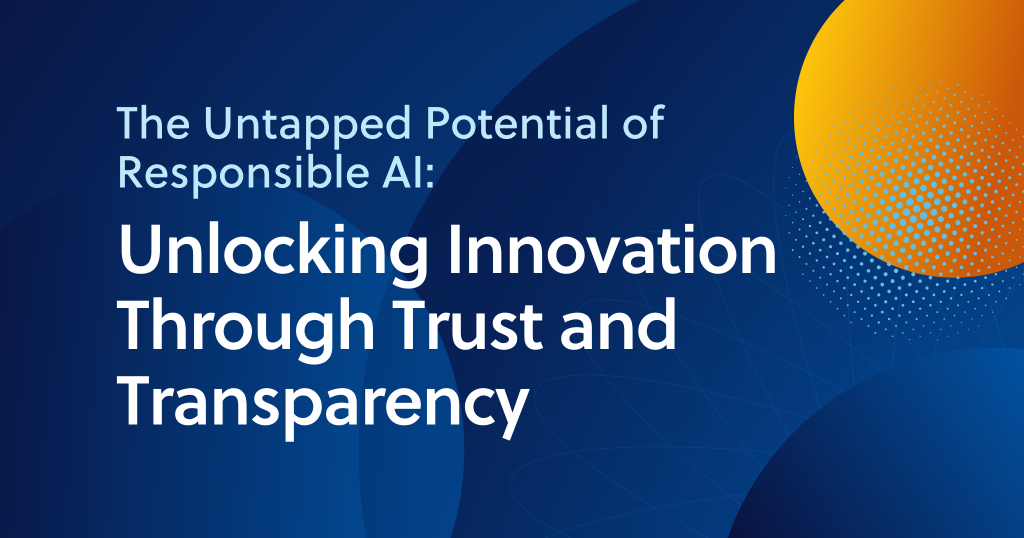The AI revolution is profound, yet core questions remain. How do we embrace rapid technological advancements while respecting rightsholders and encouraging creativity and development of the content upon which our society, and our economies, depend?
We adopt a pro-AI, pro-copyright approach.
To do this, we must use responsibly sourced content to develop powerful, trustworthy AI systems that will yield meaningful benefits. Encouraging the creation of high-quality works, including through copyright, benefits both creators and AI systems that will be better able to provide meaningful results.
The most sustainable path forward is one in which responsible market-based solutions are created to compensate copyright holders while enabling innovation – not forcing a false choice between the two. Licensing solutions are a key part of the path forward, as are business practices that provide pragmatic approaches to achieving responsible AI use.
This perspective should guide our approach to the AI revolution.
In CCC’s recent Town Hall discussion with Oliver Patel, Head of AI Governance at AstraZeneca, The consistency of these tensions across organizations was evident. Patel articulated what we’ve observed – that responsible innovation requires thoughtful governance, along with other investments.
McKinsey recently published research reinforcing the need for good governance. Their report noted that 52% of business leaders are worried about IP infringement, among many broad leadership challenges facing organizations across industries. The data showing that enterprise leaders are most concerned with accuracy, IP compliance, and security confirms that responsible AI isn’t just the right thing to do – it is the smart thing to do and is the key to unlocking the untapped efficiency and effectiveness of this new technology.
When implemented in a thoughtful and ethical governance framework, AI offers significant opportunities for advancement.
Patel’s insights during CCC’s Town Hall explained how his framework for AI governance follow several core tenets: be principled, be pragmatic, and focus on building trust through transparency. His approach highlights the need for a holistic strategy that balances technical implementation with human values.
This is precisely why, at CCC, we continue to develop voluntary licensing solutions that enable businesses of all sizes to focus on innovation and competition with certainty that they are also respecting copyright holders. Last year, we added internal use AI rights to our Annual Copyright License (ACL) in response to conversations with rightsholders and licensees striving to navigate the copyright and AI landscape. The ACL provides organizations with the legal clarity they need while ensuring copyright holders are fairly compensated.
We recently announced our AI Systems Training License, which extends beyond internal use to address the needs of organizations training and fine-tuning AI models for uses external to their organization. This license was also developed in direct response to market needs.
Copyrighted materials are the fuel of innovation. The highest quality AI outputs depend on the highest quality inputs, and those inputs are often the result of human creativity and expertise that deserves recognition and compensation.
Join us to ensure that AI’s transformative potential is realized through frameworks of trust, transparency, and fairness.

